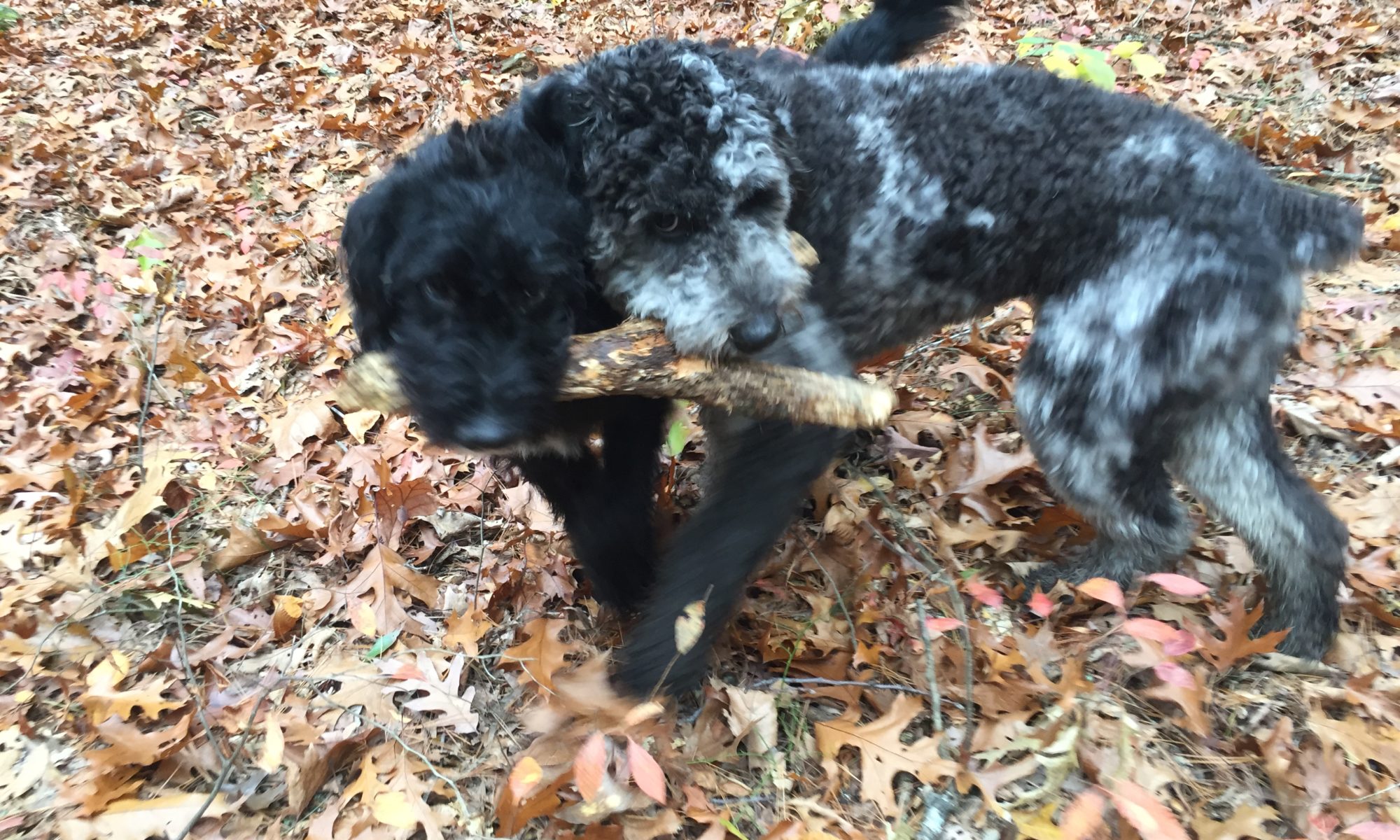Forest Legacy Feature Tract:
Pippin, Massachusetts
May 1996
A favorite haunt of Henry David Thoreau and one of four he recommended for preservation as a town forest, had been preserved as a working forest on May 30, 1996. The tract known as the Pippin Tree tract is 73 acres of high-quality managed forest land near the Minuteman National Park. The USDA Forest Service purchased a permanent conservation easement on the parcel for $1.5 million from its owners, the Robb Family of Concord, principals of a family real estate trust known as Pippin Tree Land Trust. Recorded at the Registry of Deeds in Concord, the conservation restriction valued at $4.3 million, ensures that the land will never be developed. It also provides pedestrian and horseback rider access. The Robb family donated the difference in value, and will continue to own and manage the land as a tree farm.
Comprised primarily of oak, white pine, and birch on gently rolling hills, the Pippin Tree tract lies at the southern end of the area in Concord and southern Carlisle known since the mid-17th century as Estabrook Woods. It forms the southern boundary of a 672-acre tract held by Harvard University. The Robb family has owned the parcel since the turn of the century.
The Trustees of Reservations, a statewide conservation group founded in 1871 by landscape architect Charles Eliot, and the Concord Land conservation Trust founded in 1959, have accepted joint responsibility for monitoring the conservation restriction. According to Marian Thornton, Chair of the Concord Land Conservation Trust, which was the prime mover in the process, “The federal investment serves as the keystone to the permanent protection of at least 1,200 acres within Estabrook Woods, including the Harvard property.”
The Trustees of Reservations played a key role in bringing the Forest Service and the Robb family together. In 1994, The Trustees negotiated an option with Pippin Tree for purchase of the restriction and a corresponding option with the Forest Service for the sale of the restrictions. “By taking on a bit of legal risk, we were able to cut through some red tape and get this project moving while funds were available,” said Wesley Ward, Conservation Director for The Trustees. “Our involvement is an example of the useful role that non-profit land trusts frequently play in facilitating transactions between private landowners and municipal, state, or federal conservation agencies. But the Pippin Tree Project could not have been done without the extraordinarily generous bargain sale offered by the Robb family.”
Authorized by Congress in 1990, The Forest Legacy Program protects important forests from development. Under the program, the Forest Service purchases development restrictions from willing landowners. The landowner keeps all other customary rights of ownership.
Note from the Pippen Land Trust, January 29, 2018:

“Thank you for posting the Pippin Tree Land Trust Forest Legacy Conservation information on your website. It is verification to everyone that this land is indeed private and as such a private property owner may allow dogs, stipulate dogs are to be on a leash, or not allow dogs at all. The easement restricts public use to the main trail only which is the trail that crosses the property directly from Estabrook Trail to Punkatasset Pond. It is not carte blanche permission to utilize the entire 73 acre forest it preserves. Logging is scheduled for sometime in 2018 and poison bate traps are set at various times. Please attend to your animals. Trails will be closed during logging due to the danger of falling trees and heavy equipment.”
April 18 from Pippin Land Trust:
To answer some email questions: If and when there are bait traps set, the site and the trail head will be so marked.
We had difficulties with opossums carrying EPM to our breeding farm which borders our forestry land some years back. Therefore we push back the bait boundaries into the woods for preventative measures. Dog owners should be aware that EVERY farm deals with rodent and pest control. It is always wise to be alert with your animals on the surrounding land. Our dogs were no exception.

